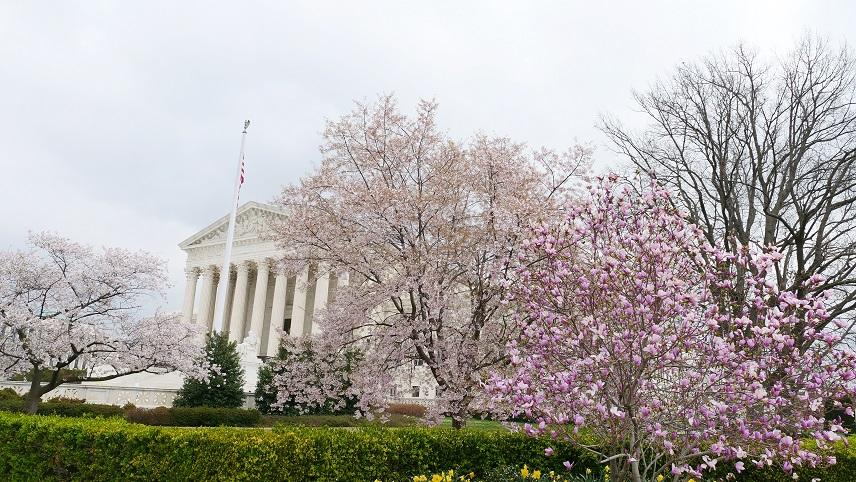Montana landowners in a polluted copper-smelting site will have to obtain permission from the U.S. Environmental Protection Agency (EPA) if they wish to restore the site to pristine, pre-smelting condition, which is beyond the current goal of the federal Superfund program that governs the remediation project, the Supreme Court ruled April 20.
The Montana Supreme Court erred in part when it found that residents within a 300-square-mile area around the site could sue for remediation in excess of the EPA’s plan, the Supreme Court ruled in a case cited as Atlantic Richfield Co. v. Christian. The company, known as ARCO, is a subsidiary of BP and is the eighth-largest oil company in the United States.





